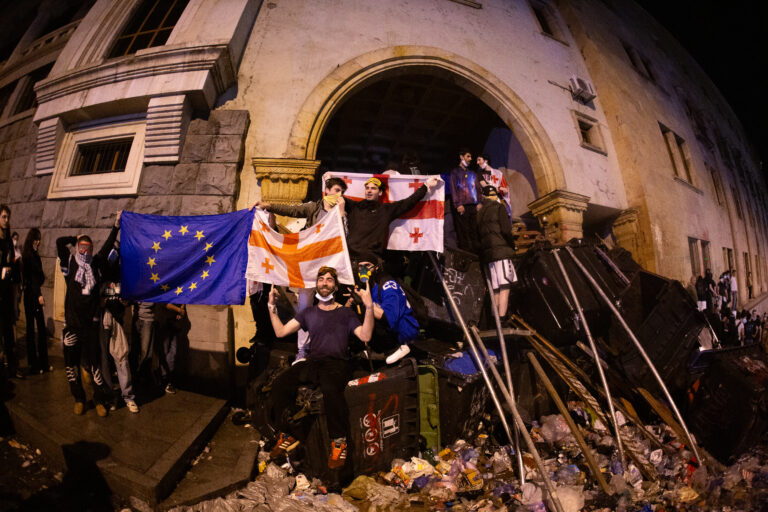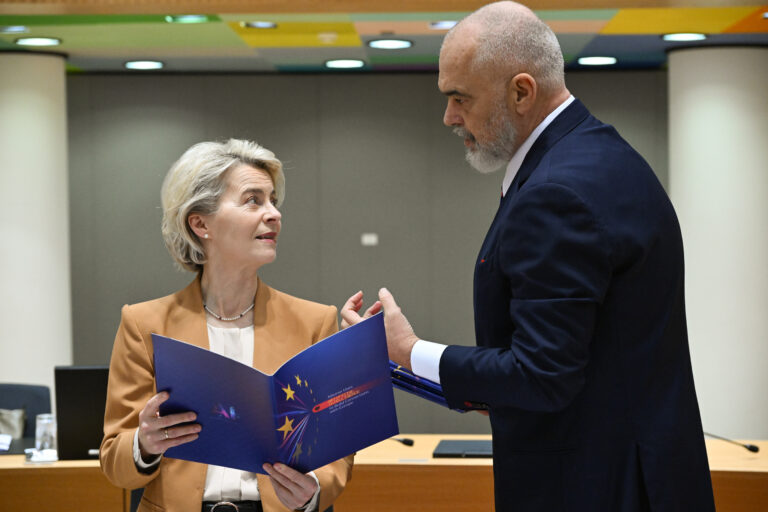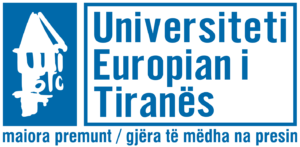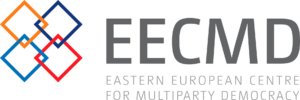How can the EU promote democracy in a state of geopolitical tensions?
We explore the geopolitical tensions in the Western Balkans that are seen by many as a possible next front for Russian-sponsored security challenges.
Following the 2022 Russian aggression of Ukraine, the EU was reminded of the geopolitical importance of enlargement. Recognizing this, the von der Leyen Commission opened negotiations with Ukraine, Moldova, Bosnia and Herzegovina, committing itself to a European future for the Western Balkans and Eastern Europe. But important challenges brought by a decade of misdirected activities remain an obstacle.
In this talk, Nedim Hogic, a Postdoctoral Fellow with the University of Oslo and a former consultant of international organizations, explores the geopolitical tensions in the Western Balkans seen by many as a possible next front for Russian-sponsored security challenges.
Moderator for the seminar is NUPI Research Professor Pernille Rieker.
This seminar is a part of the project ‘Re-Engaging with Neighbors in a State of War and Geopolitical Tensions (RE-ENGAGE)’. RE-ENGAGE’s overarching ambition is to assist the EU in refining its foreign policy toolbox, including its enlargement and neighborhood policies. The goal is to enhance the Union’s geopolitical leverage and provide better tools for democracy promotion in its neighborhood.
The seminar is held at NUPI and will also be live streamed to our YouTube channel (no registration needed for digital participation).
Speaker
- Nedim Hogic, Postdoctoral Fellow, Department of Public and International Law, University of Oslo
Chaired by








